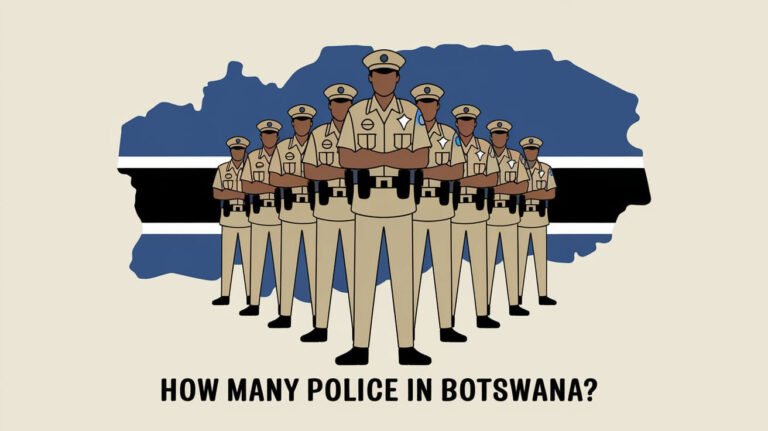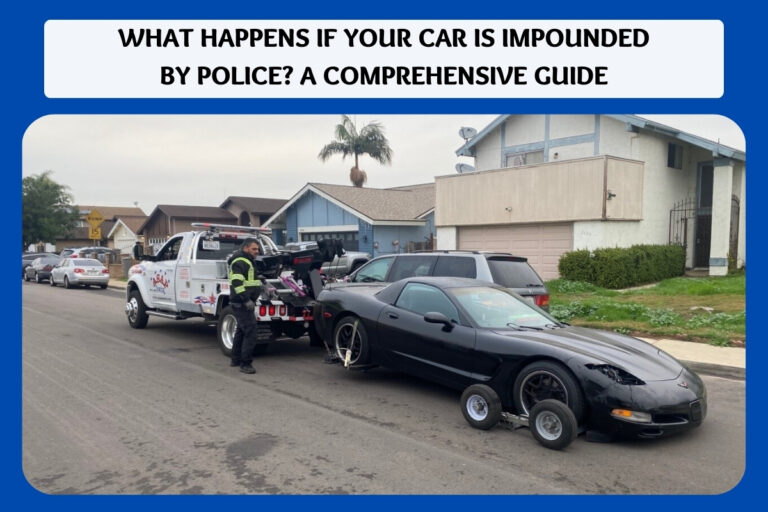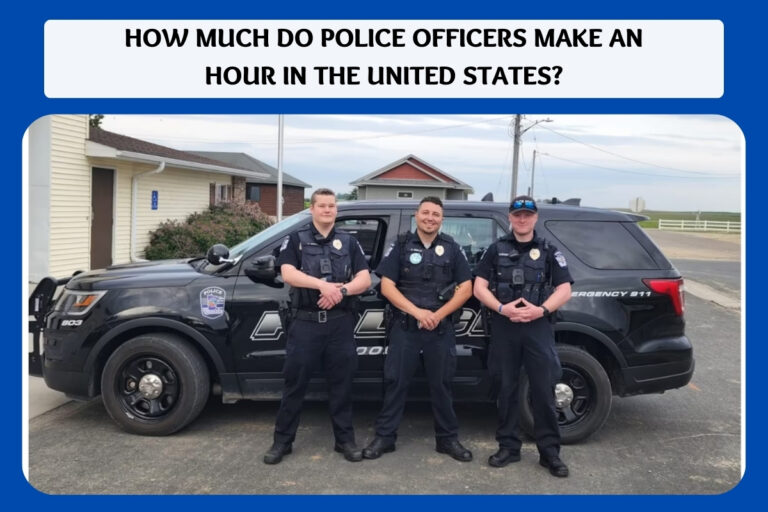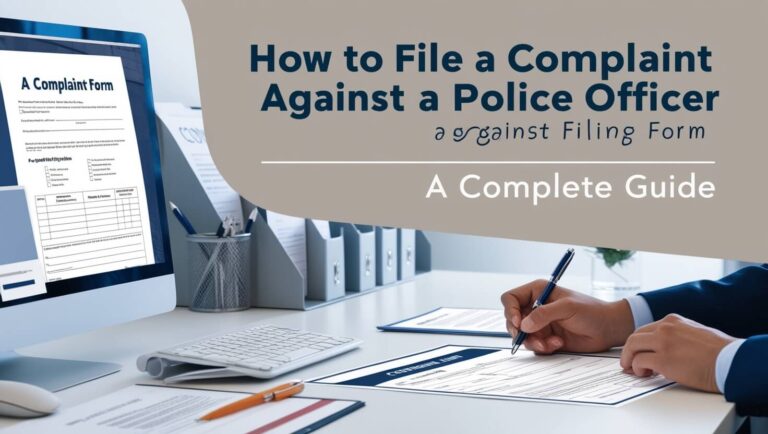What is GSP Police? A Comprehensive Guide to Georgia’s State Patrol
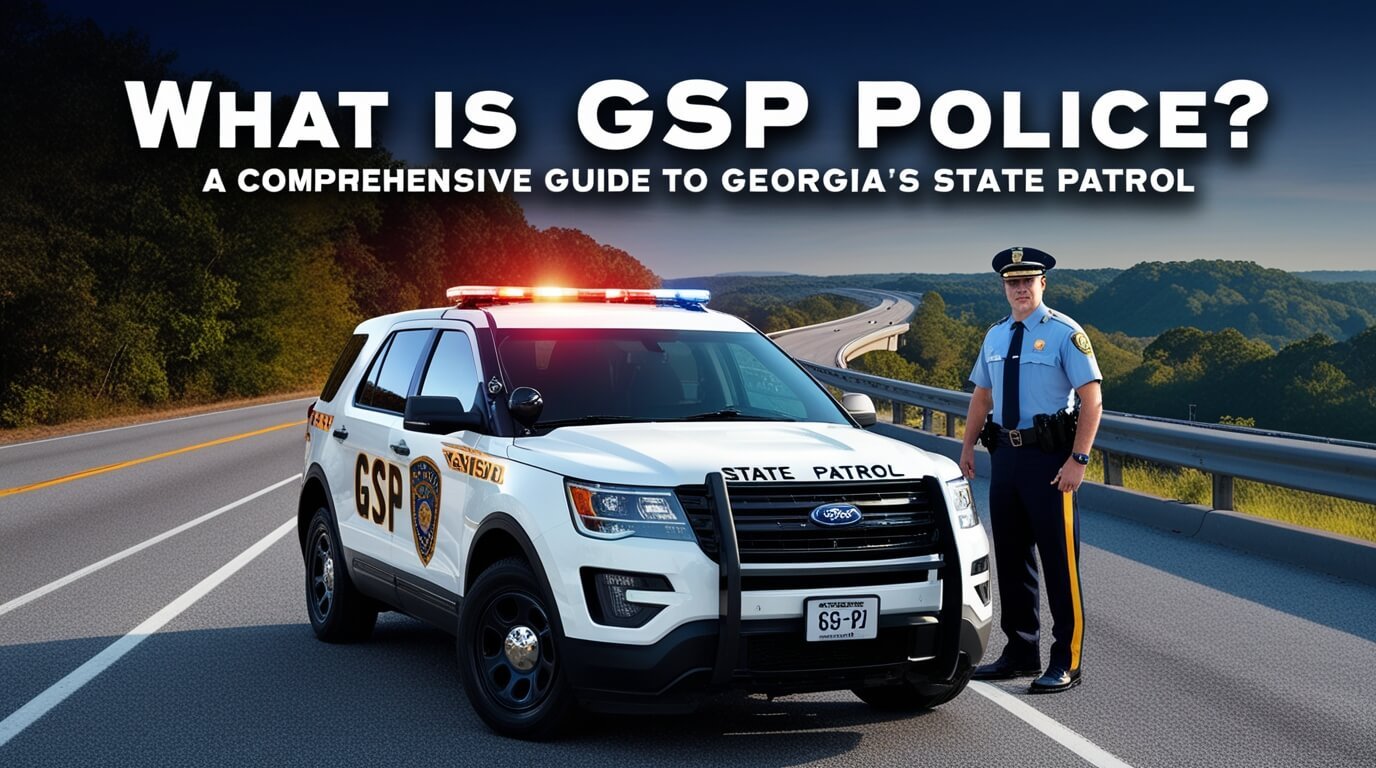
The Georgia State Patrol (GSP) is the primary law enforcement agency responsible for maintaining traffic safety and public protection across Georgia’s highways and rural areas. This complete guide explores the GSP’s roles, structure, and influence within the state’s communities.
Georgia State Patrol
Definition and Primary Role
The Georgia State Patrol serves as the state’s highway patrol and rural law enforcement agency. GSP troopers are easily recognized by their distinctive gray uniforms and patrol vehicles. Their main job? Keeping Georgia’s roads safe and supporting local law enforcement.
Brief History of GSP
Born in 1937, the GSP grew from public demand for better traffic safety and crime control. Governor E.D Rivers appointed Philip H. Brewster, Sr. as the first commissioner. That summer, 80 troopers graduated from the first Trooper School at Georgia Tech, kicking off decades of dedicated service.
The Structure and Organization of GSP
Troop Divisions and Geographic Coverage
GSP divides Georgia into nine troops, each covering specific counties. This setup ensures troopers can respond quickly to incidents across the state. From the mountains of North Georgia to the coastal plains, GSP maintains a presence in every corner of the Peach State.
Specialized Units within GSP
Beyond regular patrols, GSP boasts several specialized units:
- SWAT Team
- Aviation Unit
- Motor Unit
- Dive Team
- Specialized Collision Reconstruction Team (SCRT)
These units tackle specific challenges, from underwater searches to high-risk arrests.
Main Responsibilities of GSP Police
Traffic Enforcement on Georgia Highways
GSP troopers are the guardians of Georgia’s highways. They monitor speed, catch drunk drivers, and ensure motorists follow traffic laws. Their presence alone often makes drivers think twice before breaking the rules.
Accident Investigation and Response
When crashes happen, GSP officers are often first on scene. They secure the area, help the injured, and investigate what went wrong. Their detailed reports help improve road safety and settle insurance claims.
Public Safety and Crime Prevention
While traffic is their main focus, GSP troopers also fight crime. They assist in manhunts, respond to rural emergencies, and provide backup to local police. In many ways, they’re Georgia’s law enforcement Swiss Army knife.
Becoming a GSP Trooper
Requirements and Qualifications
Want to wear the gray uniform? Here’s what you need:
- Be at least 21 years old
- Have a high school diploma or GED
- Pass physical and written tests
- Have a clean criminal record
- Hold a valid driver’s license
It’s a tough job, but for those who make the cut, it’s incredibly rewarding.
Training Process for New Recruits
GSP training is no walk in the park. New recruits face a grueling 31-week program at the Georgia Public Safety Training Center. They learn everything from traffic laws to emergency vehicle operations. It’s intense, but it ensures only the best hit the roads as troopers.
GSP’s Specialized Units and Their Functions
SWAT Team and Crisis Negotiations
When things get dicey, GSP’s SWAT team steps in. These highly trained officers handle hostage situations, high-risk arrests, and other dangerous scenarios. Working hand-in-hand with them, the Crisis Negotiations Team tries to resolve conflicts peacefully.
Aviation Unit and Its Role
GSP’s eyes in the sky, the Aviation Unit, uses helicopters and planes for various missions. They help in searches, track fleeing suspects, and even assist in marijuana eradication efforts. It’s like having a bird’s-eye view of law enforcement.
Criminal Interdiction Unit
This unit focuses on stopping major criminal activities on Georgia’s highways. They’re experts at spotting suspicious vehicles and have a knack for uncovering drug trafficking operations. Think of them as GSP’s highway detectives.
Equipment and Vehicles Used by GSP Police
Standard-Issue Weapons and Gear
GSP troopers carry the Glock Model 45 MOS Gen 5 9mm as their primary sidearm. They also have access to patrol rifles for more serious situations. Body armor, radios, and other essential gear round out their equipment.
Patrol Vehicles and Their Features
The iconic blue and gray GSP patrol cars are hard to miss. Currently, Dodge Chargers serve as the main patrol vehicles, with Dodge Durangos, Challengers, and even some Ford Mustangs in the mix. These aren’t your average cars – they’re equipped with advanced communications gear and emergency equipment.
GSP’s Jurisdiction and Authority
Statewide Jurisdiction Explained
Unlike local police, GSP troopers can enforce laws anywhere in Georgia. This broad authority allows them to chase suspects across county lines and assist in any part of the state.
Cooperation with Local Law Enforcement
GSP doesn’t work in isolation. They often team up with local police and sheriff’s departments. This teamwork ensures better coverage and faster response times, especially in rural areas where local resources might be stretched thin.
Notable Programs and Initiatives
Nighthawks DUI Task Force
Drunk driving is a serious problem, and GSP’s Nighthawks are on the case. This specialized unit patrols during peak DUI hours, taking impaired drivers off the road. They’ve made a significant dent in alcohol-related crashes since their inception.
Governor’s Task Force
This unit tackles a unique challenge – illegal marijuana grow operations. Working with the National Guard, they use helicopters to spot hidden cannabis farms. It’s a blend of old-school policing and modern technology.
GSP’s Role in Emergency Management
Natural Disaster Response
When hurricanes, tornadoes, or floods strike, GSP troopers are often among the first responders. They help with evacuations, rescue operations, and maintaining order in disaster-stricken areas. Their statewide presence makes them crucial in coordinating large-scale responses.
Major Event Security
Big events like the Super Bowl or high-profile political visits require extra security. GSP often plays a key role in these situations, working with other agencies to ensure everything goes smoothly and safely.
Technological Advancements in GSP Operations
Use of Advanced Traffic Monitoring Systems
GSP has embraced technology to make roads safer. They use advanced systems to monitor traffic flow and spot accidents quickly. This tech helps them respond faster and manage traffic more efficiently.
Implementation of Body Cameras
Like many modern police forces, GSP has adopted body cameras. These devices increase transparency and provide valuable evidence. They protect both troopers and the public by offering an unbiased record of interactions.
GSP’s Community Engagement Efforts
Public Education Programs
GSP isn’t just about enforcement – they’re also educators. Troopers often visit schools to teach kids about road safety. They also run programs for new drivers, helping them understand the responsibilities that come with a license.
Community Outreach Initiatives
Building trust with the public is crucial for any police force. GSP organizes community events, participates in local festivals, and maintains an active social media presence. These efforts help humanize the force and build positive relationships with Georgians.
Challenges Faced by GSP Police
Staffing and Recruitment Issues
Like many law enforcement agencies, GSP faces staffing challenges. Recruiting qualified candidates and retaining experienced troopers is an ongoing battle. The job’s demands and the current social climate around policing add to these difficulties.
Balancing Statewide Coverage
Georgia’s diverse geography – from bustling cities to remote rural areas – presents a unique challenge. GSP must balance its resources to ensure adequate coverage across the state. This often means long shifts and extensive travel for troopers.
The Future of GSP Police
Upcoming Initiatives and Expansions
GSP is always looking to improve. Future plans include expanding the use of drones for search and rescue, implementing more advanced training simulations, and possibly increasing the number of specialized units to tackle emerging crime trends.
Adapting to Changing Law Enforcement Landscape
As society changes, so must law enforcement. GSP is focusing on community-oriented policing, diversity in recruitment, and ongoing training in de-escalation techniques. They’re also exploring ways to address mental health calls more effectively.
Conclusion
The Georgia State Patrol is more than just a police force – it’s a crucial part of Georgia’s public safety network. From patrolling highways to responding to natural disasters, GSP troopers play a vital role in keeping Georgians safe.
As we’ve seen, the question “What is GSP police?” has a multifaceted answer. They’re traffic enforcers, crime fighters, emergency responders, and community partners all rolled into one. Their gray uniforms and blue-and-gray patrol cars are a familiar and reassuring sight on Georgia’s roads.
Looking ahead, GSP faces challenges but also opportunities. As they adapt to new technologies and changing social expectations, one thing remains constant – their commitment to serving and protecting the people of Georgia. Whether you’re a resident or just passing through, the Georgia State Patrol is there, working tirelessly to ensure your journey is a safe one.


